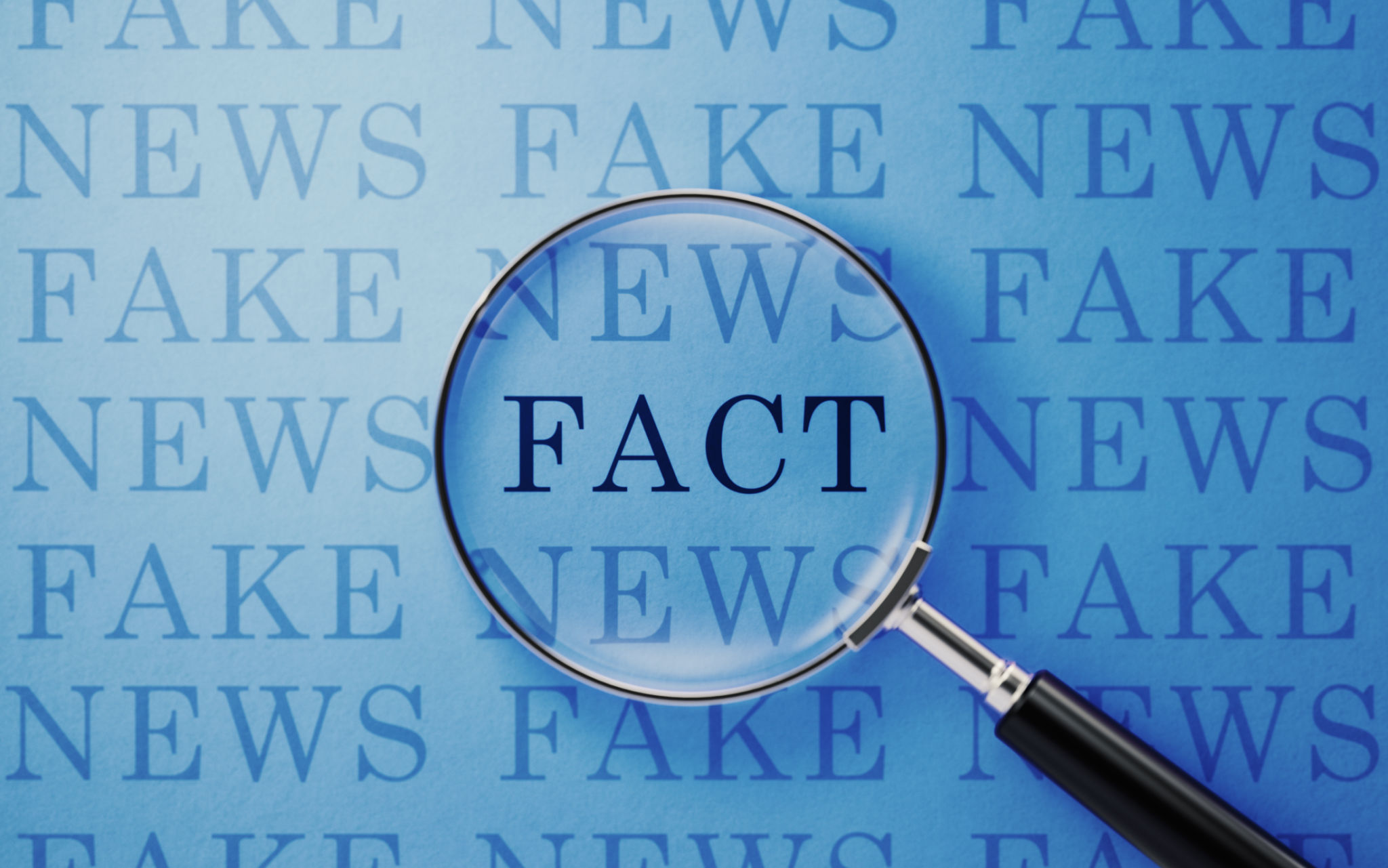How AI is Revolutionizing Political Transparency
The Emergence of AI in Politics
Artificial Intelligence (AI) is reshaping numerous sectors, and politics is no exception. As governments and political organizations strive for greater transparency, AI technologies are stepping in to provide innovative solutions. By leveraging AI, political entities are enhancing openness, accountability, and trust within the democratic process.
AI's impact on political transparency is multifaceted, offering tools that can analyze vast amounts of data, detect patterns, and predict outcomes. This transformative power is helping to ensure that political processes are more open and accessible to the public, promoting informed citizen engagement.

Enhancing Data Accessibility
One of the significant ways AI is revolutionizing political transparency is through improved data accessibility. AI systems can process and organize large volumes of political data, making it easier for citizens to access and understand. This includes everything from voting records to legislative actions and public spending.
By democratizing data, AI enables voters to make more informed decisions and hold their elected officials accountable. Moreover, AI-powered platforms can present this data in user-friendly formats such as interactive dashboards, offering a clear and concise overview of political activities.
Combating Misinformation
Misinformation is a major challenge in today’s political landscape. AI is playing a pivotal role in combating this issue by identifying and flagging false information. Advanced algorithms can sift through content across various media platforms, detecting inconsistencies and highlighting potential misinformation.
This proactive approach helps maintain the integrity of information that reaches the public, ensuring citizens are better informed. By curbing the spread of misinformation, AI fosters a more transparent and trustworthy political environment.

Facilitating Public Engagement
AI also facilitates public engagement by providing tools that enhance communication between governments and citizens. Chatbots and virtual assistants powered by AI can handle inquiries from the public around the clock, providing timely responses and disseminating important information.
These AI-driven communication channels help bridge the gap between political entities and the public, encouraging active participation in democratic processes. By promoting dialogue and feedback, AI contributes to a more engaged and informed electorate.
Monitoring Political Campaigns
The use of AI in monitoring political campaigns has brought unprecedented levels of transparency. AI tools can track campaign financing, advertising strategies, and social media activities to ensure compliance with regulations.
This oversight helps prevent unethical practices and ensures that campaigns are conducted fairly. By providing real-time insights into campaign activities, AI helps build public trust in the electoral process.

The Future of AI in Politics
As AI continues to evolve, its role in promoting political transparency will only grow stronger. Future advancements may include more sophisticated algorithms capable of predicting policy impacts or enhancing voter education on complex issues.
Ultimately, AI's potential to foster a more transparent political system is vast. By embracing these technologies, governments can enhance accountability, improve public trust, and strengthen democratic values worldwide.